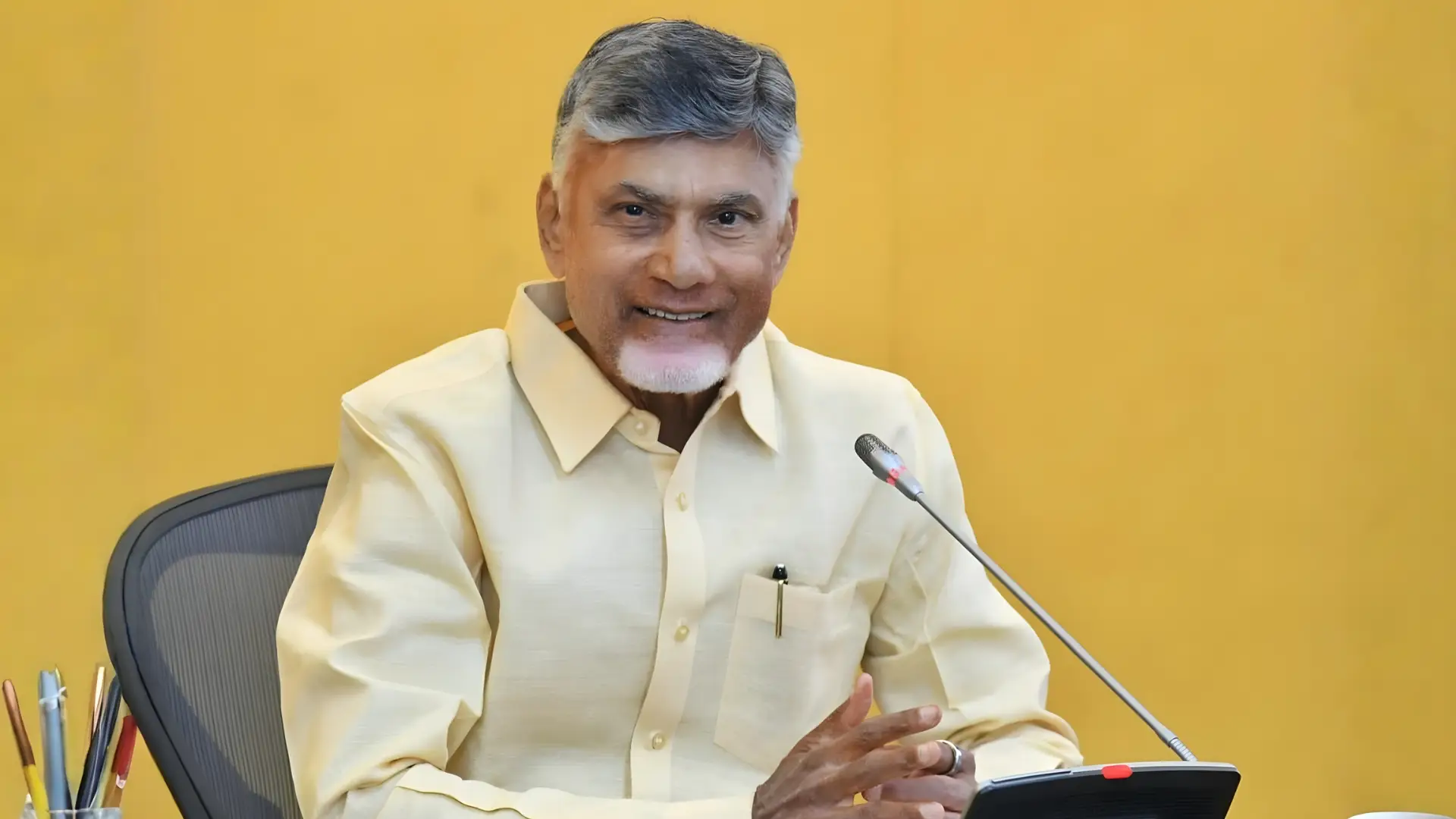India is the most populated country in the world, and it has the biggest advantage with the youngest population. This is one of the biggest advantages India has today. Building wealth and getting rich is a dream of everyone across the world. Today, with just a smartphone, you can choose your path. On one side, you have edtech platforms, investing apps, and skill-building tools that shape your future financially and professionally. On the other, fantasy gaming and betting platforms promise quick wins, instant gratification, and even real cash. Both are tools. The choice is yours. But if we take a closer look at the trends of the last few years, one truth becomes hard to ignore, which is that more and more of India’s youth are leaning towards the second option. This is because of the immediate financial gain and making quick money.
If we look at the data, it clearly paints the picture. As reported by Business Today, Dream11, India’s leading fantasy sports platform, now boasts over 220 million users, up from 150 million just a year ago. In 2023 alone, it added a whopping 55 million new users, compared to 20 million in 2022. Even more surprising is the 79% year-on-year surge in female participation. Previously this segment was highly under penetrated, but now it is also growing at a pace. But if we compare it with the demat accounts, they grew by 46 million in 2024, which led to the overall 185.3 million. While the rise in de-mat accounts looks impressive, growing by 33% in a year, it’s still much slower compared to the explosive growth of fantasy gaming. In short, it clearly shows that people are more inclined towards fantasy gaming. Well, in this article we will dive deeper to understand the overall scenario of the industry and how only a few players survived and other businesses closed.
But before I start explaining, let’s understand what fantasy gaming is. Fantasy gaming is a skill-based digital game where users create virtual teams composed of real-life players from a sport, most commonly cricket, football, or kabaddi. These virtual teams earn points based on the actual performance of those players in live matches. For example, if you pick Virat Kohli and he scores a century in a live IPL match, your fantasy team earns points accordingly. The better your team performs, the higher you rank in the contest, and top-ranking users often win cash prizes. Fantasy gaming platforms like Dream11, MPL, My11Circle, and others intentionally distance themselves from “gambling” or “betting.”
Fantasy gaming companies strongly position themselves as skill-based platforms, not games of chance. They highlight that success on their platforms depends on a user’s sports knowledge, like understanding player form, pitch conditions, and team strategies. This helps them stay within legal boundaries in India, where games of skill are treated differently from gambling or betting. They also claim to make the sports-watching experience more engaging. To add credibility, many leading platforms are part of self-regulatory bodies like the Federation of Indian Fantasy Sports (FIFS). They follow guidelines around fair play, responsible gaming, and age limits, ensuring users are protected within a safer and more regulated environment.
Fantasy sports in India have come a long way in just a few years. What started with a few platforms has now become a full-fledged industry. Dream11 led the way, becoming the first fantasy gaming unicorn in India. In this fantasy gaming space, Dream11 is the clear leader with a market share of 90% in India. Back in 2016, only 16 companies operated in this space; today, there are over 300. With more than 25-30 crore users, India is now the largest fantasy gaming market in the world. Cricket is clearly the most popular game, but other sports like football, kabaddi, and hockey are catching up fast. In FY22, the industry generated INR 6,800 crore in revenue, showing how fast it has grown since 2018. And according to the estimates, by 2027, the industry revenue may reach INR 25,240 crore.
This space is so competitive, and not every player in the market can survive. While on the one hand Dream11 is generating crores in revenues, on the other hand companies like CrickPe have closed their businesses. CrickPe, which was launched by Ashneer Grover, has closed its business after running it for two years. There are multiple reasons why it has closed; one of them is due to the regulatory challenges. In July 2023, the Indian government brought a major change: it imposed 28% GST on the full entry amount for online games, including fantasy sports. Earlier, companies paid tax only on their earnings (called platform fees). Now, the tax is charged on the total money users pay to enter a contest. So, if you join an INR 100 game, INR 28 goes to tax even if the platform keeps only ₹15 and distributes the rest as prize money. Now this has become the biggest challenge for the companies.
But if we look at the revenues, they actually blew your mind. M-League, which is owned by Mobile Premier League, has generated a revenue of over $130 million in FY 2024. The leader, Dream11, has reported even more; it stood at INR 6384 crore in FY 23, and FY 24 was not clearly available. But according to some reports, their revenue may have reached $1 billion during FY 24. But with the implementation of GST there will be a bigger impact, and even Dream11 cuts its profit target by 80%.
Fantasy gaming in India is a fast-growing business ecosystem. With massive user bases, increasing investor interest, and billion-dollar revenue projections, platforms like Dream11, MPL, and others have turned digital gameplay into serious business. Looking ahead, the industry may continue to thrive, expanding into newer sports, leveraging AI for personalization, and even entering international markets. The opportunity is real, and the business potential is huge. But as more young Indians get involved and real money comes into play, the line between entertainment, addiction, and risk begins to blur. With the government tightening its grip through regulations like the 28% GST, the future may not be as free-flowing as before.
So here’s the question we’re left with: Should India encourage more fantasy gaming startups as part of its digital economy, or should it put an end to this industry before it goes too far?
Also Read: The $23 Billion Sky: How India’s Aerospace Startups Are Quietly Taking Off








